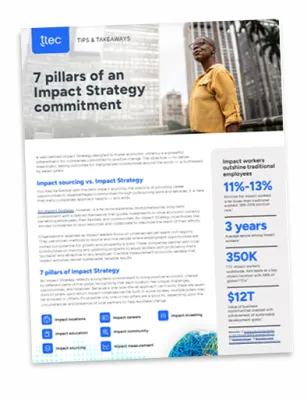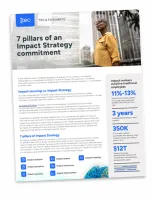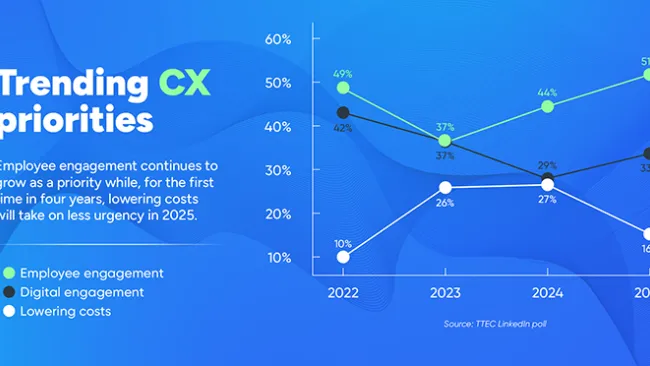Workplaces should be solely designed for completing assignments and work-related conversations, right? Before answering, consider these findings: A Relationships @Work study by LinkedIn found that 46 percent of work professionals worldwide believe that work friends are important to their overall happiness. And nearly three out of four (72 percent) of employees who have a best friend at work are satisfied with their jobs, according to a survey conducted by O.C. Tanner, an employee recognition company.
Having a friend at work—someone to laugh with and confide in—brings a number of benefits such as increased job satisfaction, happiness, and productivity. Companies that fail to encourage friendships among their employees are missing out on a huge opportunity. But fear not, we’ll outline tips and strategies for fostering camaraderie within the workforce.
You have a friend in me
There was a time when there was a clear separation between work and home. Work was limited to the office and once employees went home, they focused on their personal relationships. Today business hours are often blurred and employees are rarely separated from their phone and their work email. With little separation between our professional and personal lives, employees have more to gain by being friends with their coworkers than in the past.
And if people enjoy what they’re doing and like the people around them, it makes them care more about their work performance. In fact, those who had a best friend at work were 43 percent more likely to report having received recognition and praise for their work, according to a Gallup Poll. Also, 75 percent of employees who have a best friend at work say they feel they're able to take anything on, compared to 58 percent of those who don't have a best friend at work, reports O.C. Tanner.
Friendships not only impact productivity, but also retention. Employees are more likely to leave a job that they don’t feel any connections to. On the other hand, employees with workplace friends are less likely to accept other job offers and the likelihood of their staying put increases with the number of work pals they have. Sixty-two percent of employees with one to five work friends said they would reject a job offer; that percentage increases to 70 percent for those with six to 25 friends at work, shows a survey by Workforce magazine.
How to foster work friendships
A team leader is well positioned to be a connector or matchmaker of personalities on the job. Helping your teammates build emotional bonds so that they accomplish more together benefits the company as a whole. By the same token, a team leader should foster an inclusive environment instead of one built on cliques.
What are some ways to do this? The key is to study how your employees spend their days. Are they anchored to their cubicles and laptops? Do they communicate mainly through chat and email versus face-to-face interactions? You don't have to extend your employees’ day with mandatory happy hours or force introverted coworkers to socialize. Instead, look for opportunities to gather with purpose that are acceptable to your team. Perhaps this calls for more team lunches. Or scheduling social breaks between long meetings. Annual teambuilding activities where everyone can step away from the daily stresses of the office are also effective.
The idea is to create some downtime for your employees to relax and interact with each other, and hopefully form friendships. Regardless of how you choose to cultivate those connections, it’s important that the opportunities take place. Friendly employees who look out for each other are more engaged, productive, and loyal to the company, which is simply smart business.














